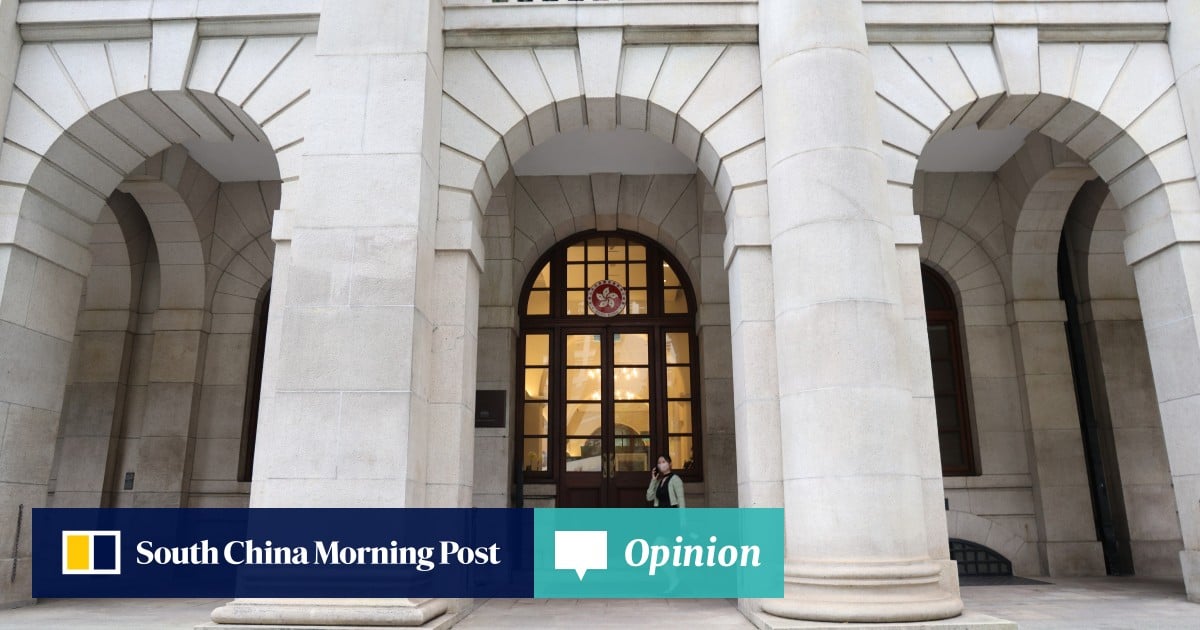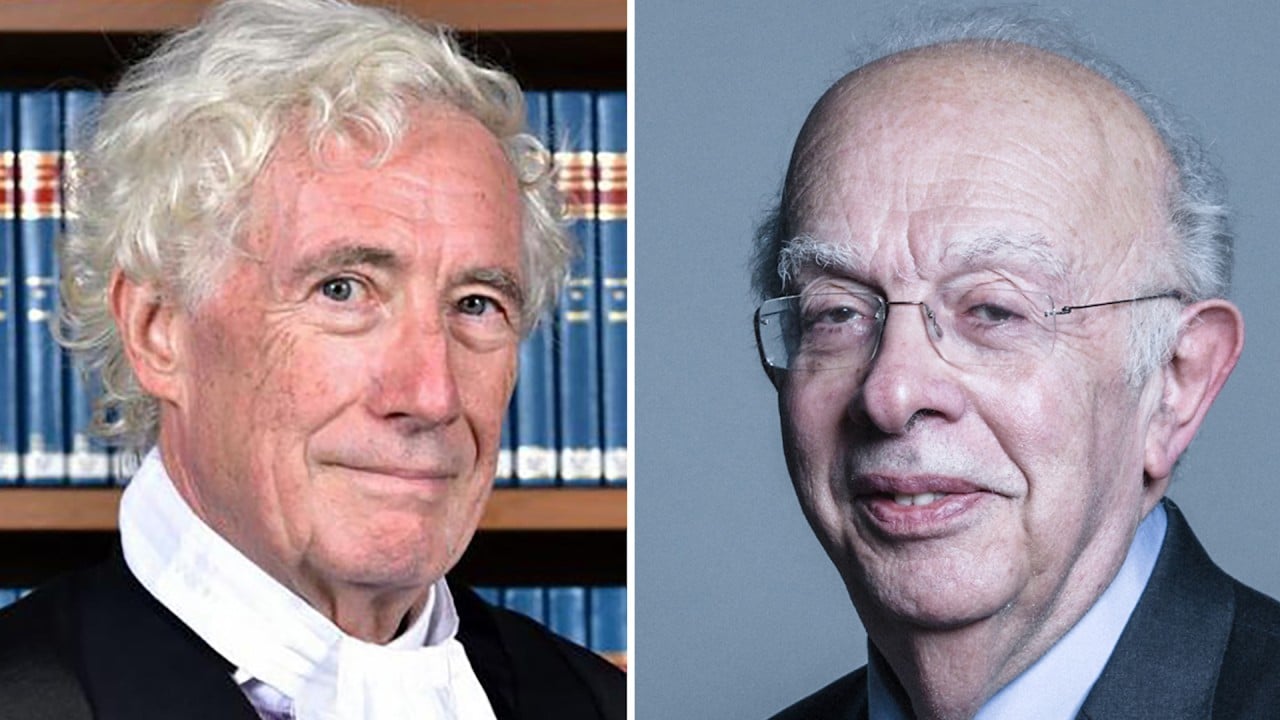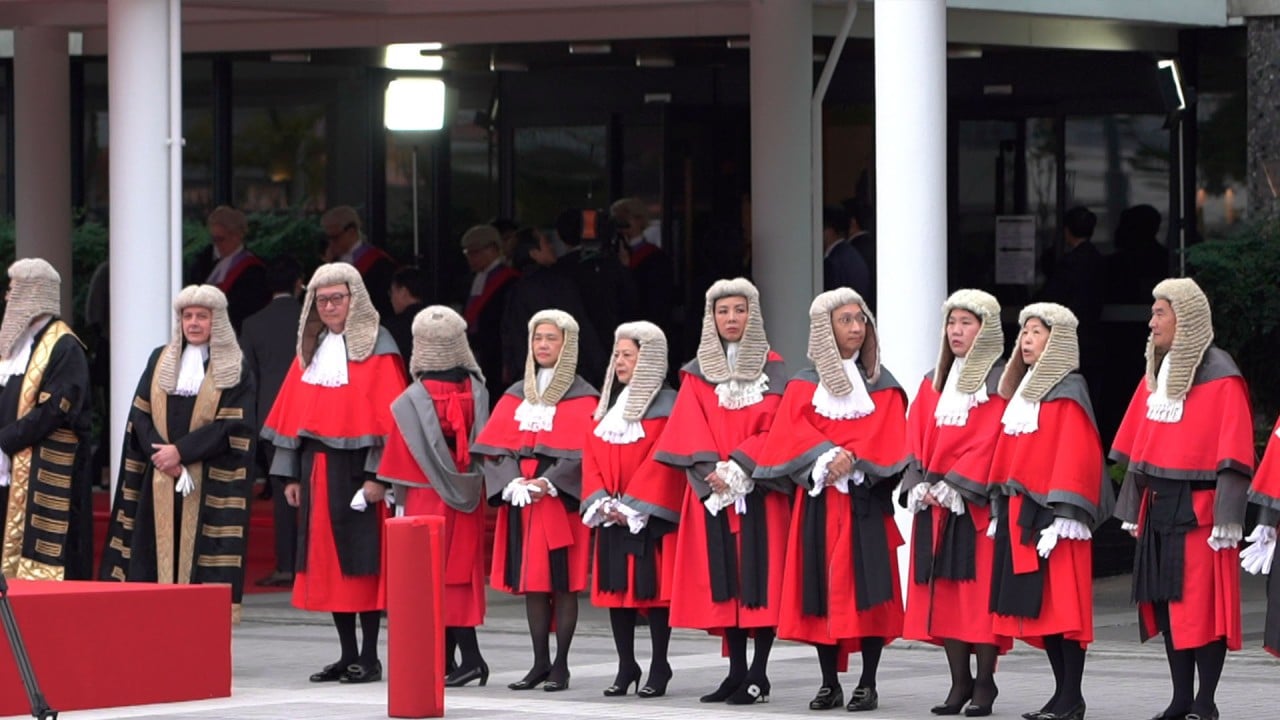If the British government means moral legitimacy, is it saying that despite the assurance of Hong Kong’s judicial independence by the joint declaration, it is morally obliged to act contrary to the declaration and interfere with the exercise of judicial power by the Court of Final Appeal?
Putting aside this rather strange philological question, would forcing British judges to resign from the court in some way affect the independence of the Hong Kong judiciary? Most would agree it is ludicrous to suggest that Hong Kong’s judicial independence depends on the presence or otherwise of one or two judges from Britain.
One needs to understand that the effect of British judges sitting, or not, on our Court of Final Appeal is less than the perception it creates. Both the joint declaration and the Basic Law provide that the court “may as required invite judges from other common law jurisdictions” to sit on it. The Hong Kong government has stayed true to that requirement.
It is the British government that is acting contrary to this understanding. In any event, even if no British judge were to sit in our Court of Final Appeal, our highest court would still refer to common law precedents, including English ones, where appropriate, so the legal wisdom of British judges will not be lost in the development of our jurisprudence.
At the end of the day, one is forced to arrive at the logical conclusion that foreign judges sitting on our Court of Final Appeal is more for perception, or for show, if you like, rather than actually making a difference in the exercise of the judicial function.
We must accept that upon resumption of sovereignty by China over Hong Kong, it was perhaps important to maintain a perception of business as usual when we established a new final appeal court. But 27 years down the road, our Court of Final Appeal has firmly established itself as a court of reason, worthy of international respect. Its decisions are not only well respected but, I am told, also frequently cited in other common law jurisdictions.
So do we still need British judges to shore up our reputation? Some would argue not. Few other places on Earth allow foreign judges to sit on their final appeal court, so should we continue this tradition, for want of a better word, forever?
Do not misunderstand me, I am not advocating the barring of foreign judges from sitting on our Court of Final Appeal. That would require an amendment to the Basic Law, and those in Britain might then turn around and argue that it would be in breach of the joint declaration. The point is, is it worth such a fuss? Especially when the whole thing is nothing but a political ploy, with judges as unwilling participants engineered to discredit one country, two systems in a war of perceptions.
Ronny Tong, KC, SC, JP, is a former chairman of the Hong Kong Bar Association, a member of the Executive Council and convenor of the Path of Democracy



